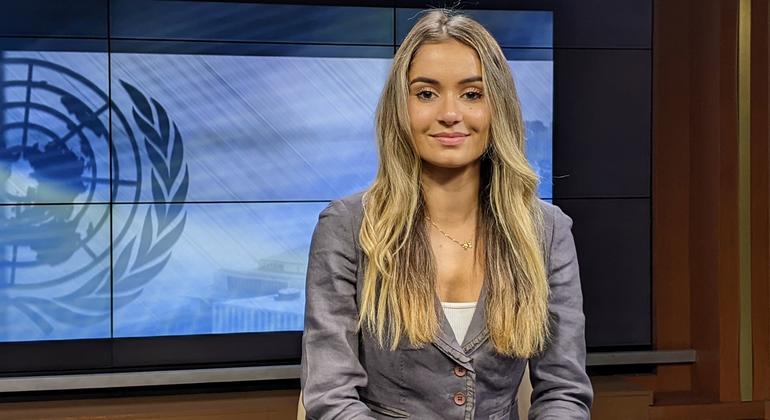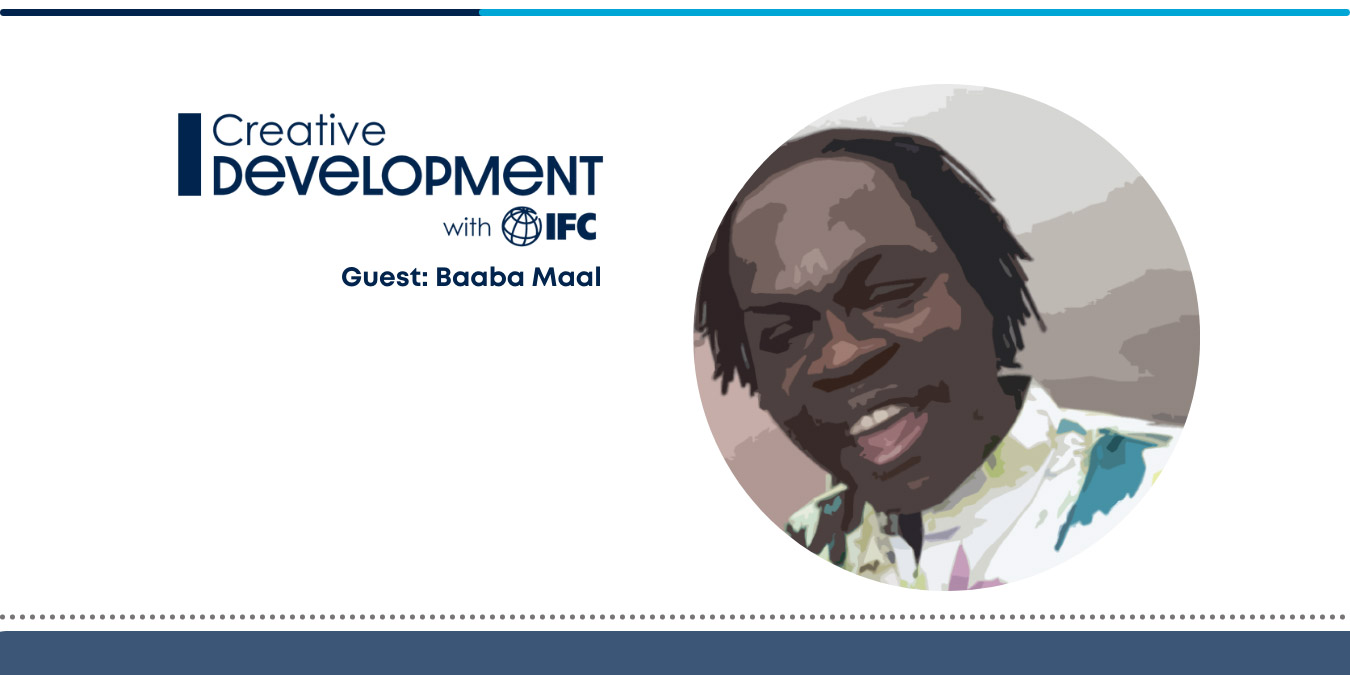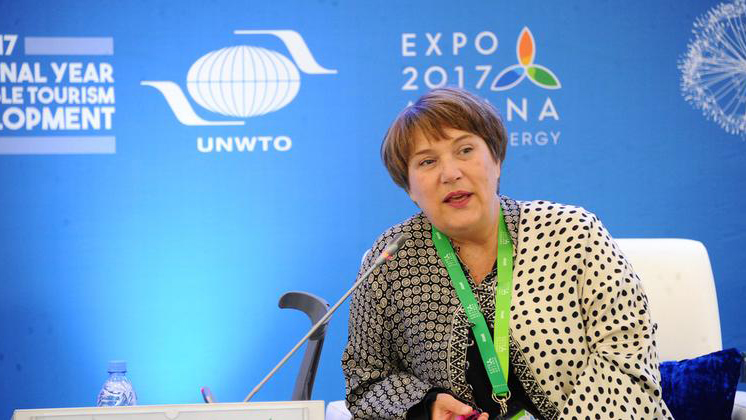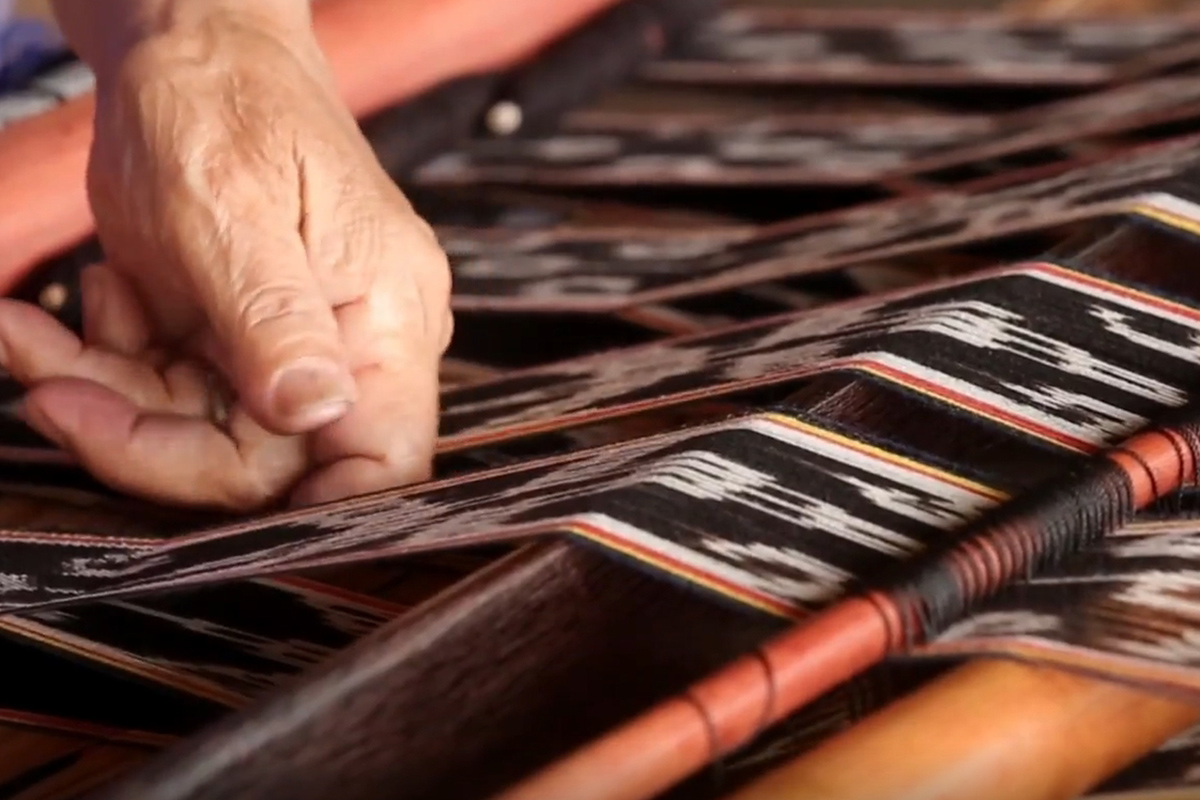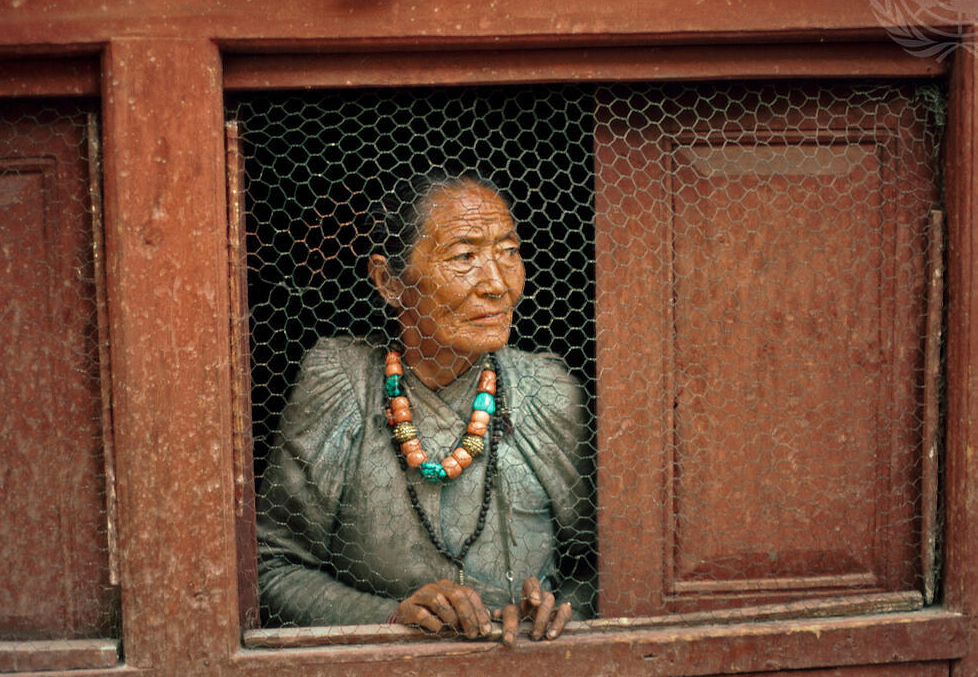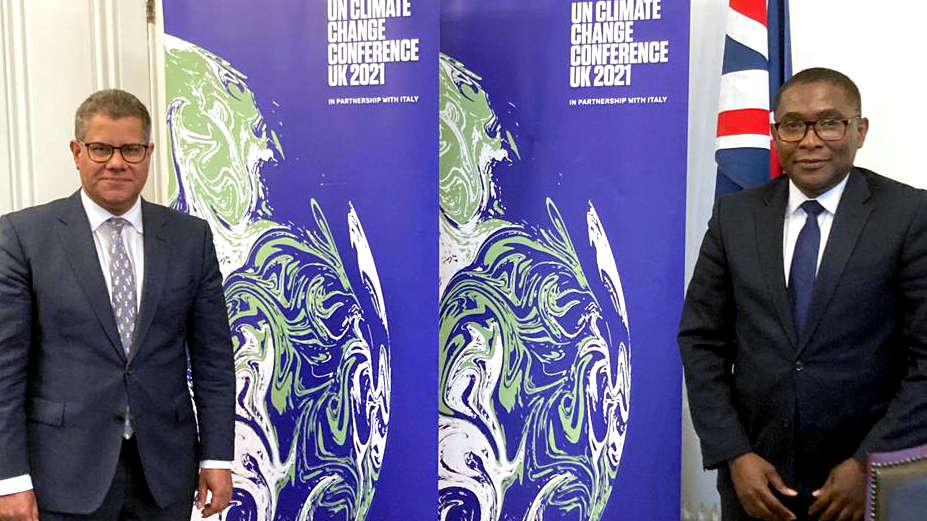“Go vote” is the resounding message that 20-year-old climate activist Sophia Kianni wants everyone to hear, because the only way to effect real change to slow global warming, is through better public policy, she says.
One of seven activists who make up the Secretary-General’s Youth Advisory Group on Climate Change, the young American bemoaned the failure of the US Congress to pass ‘Build Back Better’ legislation, to tackle the climate emergency.
If people want to be engaged, they need to be involved in their political processes, she told Liz Scaffidi, but she began by explaining how she took up the mantle of climate activist.
Audio Duration: 3'42"
Photo Credit: UN News/Elizabeth Scaffidi

